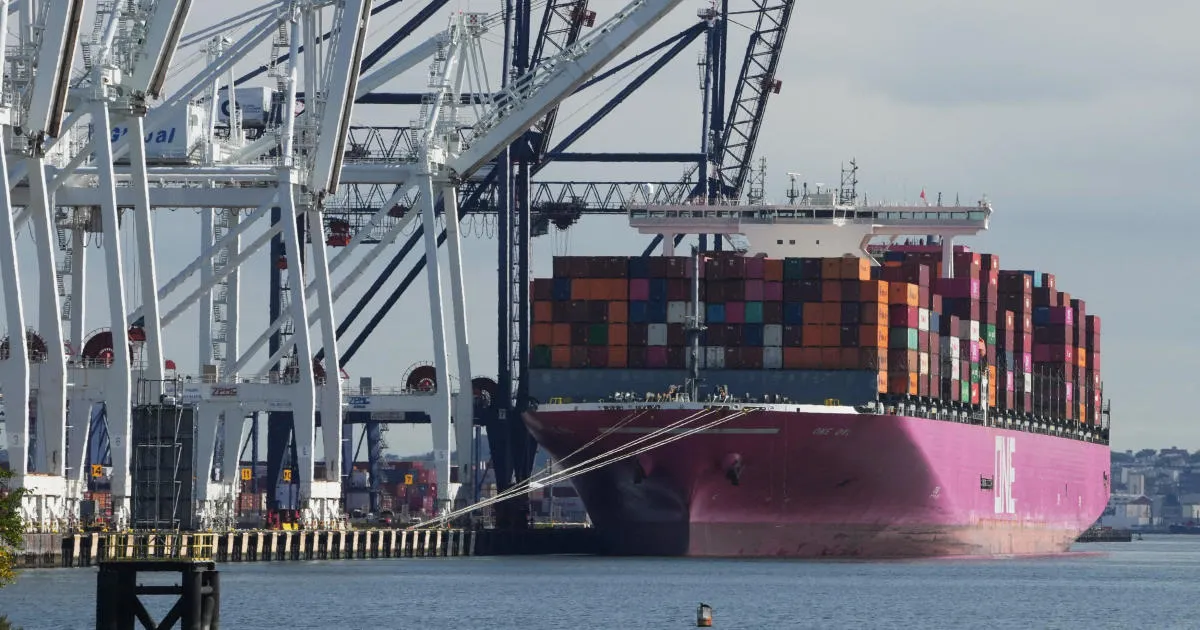Cargo Ship Strike Disrupts Operations at Major East and Gulf Coast Ports

Cargo Ship Strike Overview
Thousands of dockworkers at ports from New England to Texas have initiated a strike just after midnight on Tuesday, demanding higher pay and enhanced job security. The event marks the first significant labor action at East and Gulf Coast ports since 1977, arising from stalled negotiations between the International Longshoremen’s Association (ILA) and the United States Maritime Alliance (USMX).
Impact on Ports and Economy
The strike is expected to involve around 25,000 workers, affecting 14 major ports including:
- Baltimore
- Boston
- Charleston, South Carolina
- Jacksonville, Florida
- Miami
- Houston
- Mobile, Alabama
- New Orleans
- New York/New Jersey
- Norfolk, Virginia
- Philadelphia
- Savannah, Georgia
- Tampa, Florida
- Wilmington, Delaware
These ports handle about half of the nation's ship cargo, and industry experts indicate that a long-term strike could lead to an economic downturn, potentially raising consumer prices and causing product shortages just ahead of the holiday season.
Financial Implications of the Strike
A one-week strike could cost the U.S. economy nearly $3.8 billion and increase prices for various consumer goods. Critical products like bananas, manufacturing components, plywood, cotton, and copper could face shipment delays. Furthermore, perishable items like fresh meat are at risk of spoilage, jeopardizing the supply chain.
Despite disruptions, businesses have been proactively stockpiling goods to mitigate impacts from the port shutdowns. New York Gov. Kathy Hochul reassured the public that there are no imminent shortages of essential items, discouraging panic buying.
This article was prepared using information from open sources in accordance with the principles of Ethical Policy. The editorial team is not responsible for absolute accuracy, as it relies on data from the sources referenced.